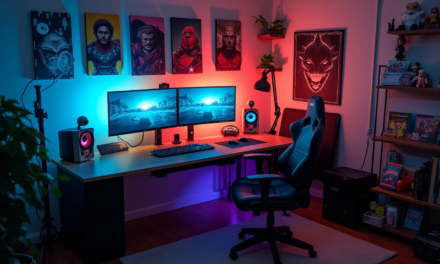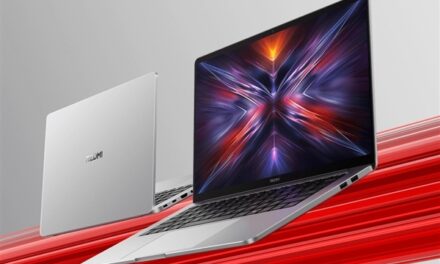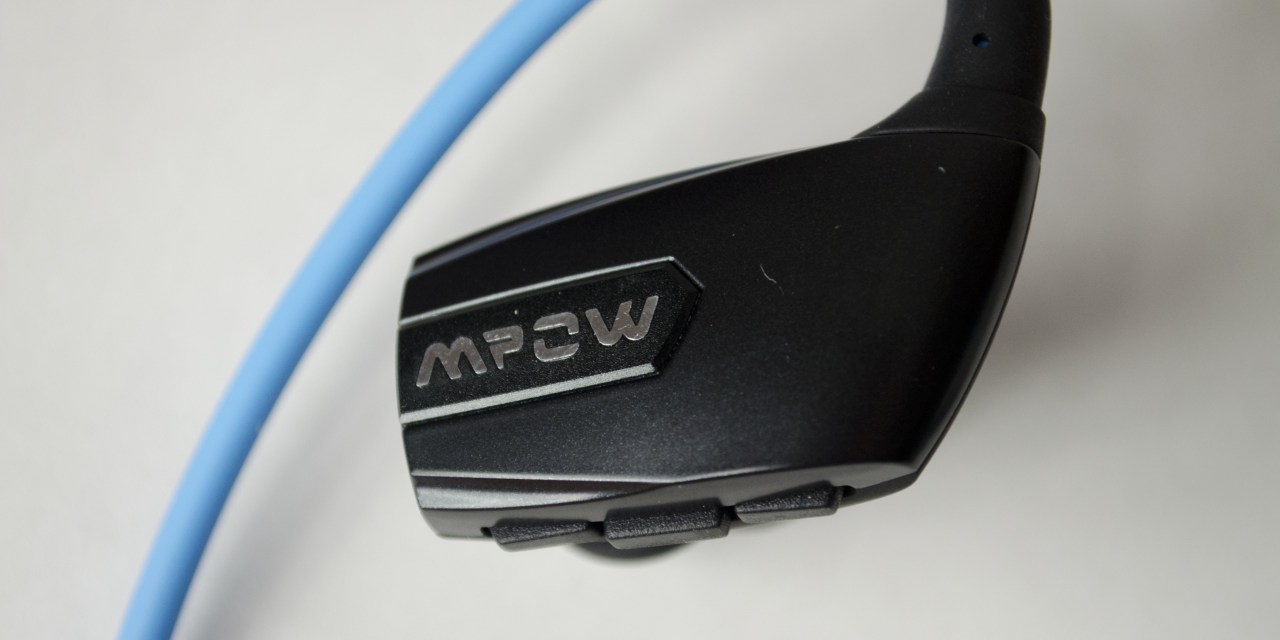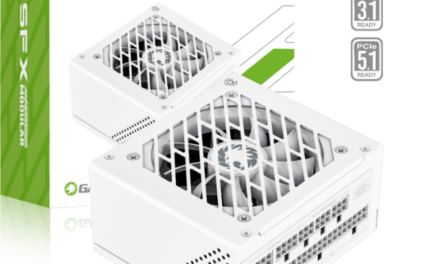
All about electronic components, ICs, tech, MCUs, etc
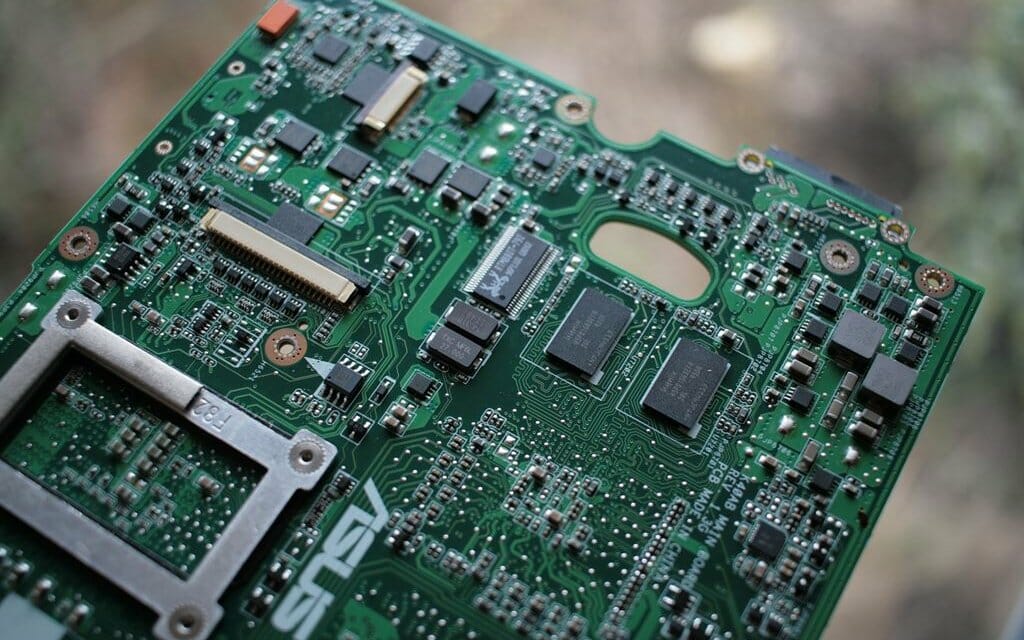
When most people think of electronic components, they think of things like semiconductors and resistors. There is, however, a wide range of electronic components available in circuits and devices. This article will provide an overview of some of the most common types of electronic components, including integrated circuits (ICs), microcontrollers (MCUs), and transistors. We’ll also take a look at some of the benefits of using these components in your designs. So without further ado, let’s get started!
What are electronic components and why do they matter in the tech world today?
You must know that electronic components are the basic building blocks of an electronic circuit.
They include Resistors, Capacitors, Inductors, Diodes, and Transistors. These components can be used to create a wide variety of electrical and electronic devices, from simple radios to complex computers. In today’s world, electronic components are essential to the functioning of virtually all electronic devices. The world we live in today would be very different without them.
What are ICs, MCUs, and other types of electronic components that you need to know about?
Electronic components come in a dizzying array of shapes, sizes, and functions. However, each one serves a vital purpose in the operation of electronic devices. Integrated circuits (ICs) are tiny chips that contain circuitry for a specific function. They can be found in everything from phones to computers to cars.
Microcontroller units (MCUs) are a type of IC that contains a processor and other components for controlling devices. Other common types of electronic components include resistors, capacitors, inductors, and transistors. While their names may not be as familiar, these components are just as essential to the proper functioning of electronic devices. By understanding the basics of these different types of electronic components, you can start to appreciate the incredible engineering feats that make modern technology possible.
How do these different types of components work together?
Integrated circuits (ICs), microcontrollers (MCUs), and other types of electronic components are the building blocks of the modern world. Working together, they create the powerful devices and technologies we use every day. ICs serve as the basis of all electronics, containing thousands or even millions of transistors.
They can be used to create basic logic gates or sophisticated processors. MCUs are specialized ICs that contain a processor core and associated peripherals, making them ideal for controlling embedded systems. Other common types of electronic components include resistors, capacitors, inductors, and transistors. By understanding how these components work together, we can start to see how the world around us is powered by electronics.
Get tips on choosing the right electronic component for your next project – whether you’re a beginner or an experienced engineer!
One of the most important decisions you will have to make when it comes to electronics is what kind of components you should choose.t. Especially if you’re just starting out, this may seem daunting. However, with a little research and careful planning, it’s not as difficult as it might seem. Here are a few tips to help you choose the right electronic components for your next project.
First, consider what your project is going to be used for. What are its specific requirements? This will help you narrow down your choices and focus on the types of components that will be most suitable. For example, if you need a high-powered microcontroller for a robotics project, you’ll want to look for something different than if you were just building a simple LED circuit.
Having identified what you need, it is time to shop around. Compare products from different manufacturers and read online reviews to get an idea of quality and performance. And don’t forget to factor in cost! In many cases, you can find equally good products at different price points.
Finally, once you’ve found the perfect electronic components for your project, take some time to learn about them before you start soldering them into place.
Bottom Line
If you’re looking for a crash course in electronic components, we hope this article has been helpful. While there’s a lot of information to digest in this post, we hope you now have a better understanding of the different types of electronic components and what they do. If you have any questions or need help selecting the right IC or MCU for your project, our experts are here to help. Thanks for reading!

